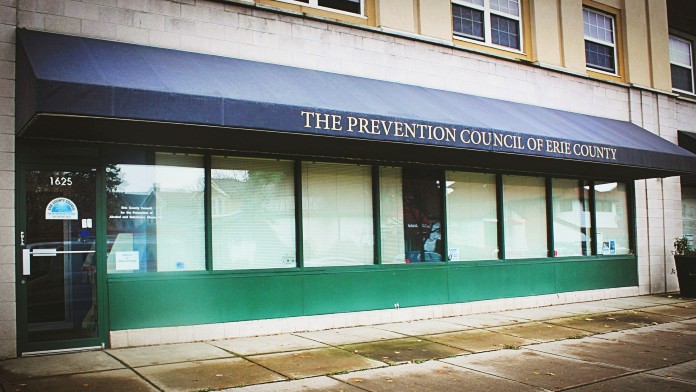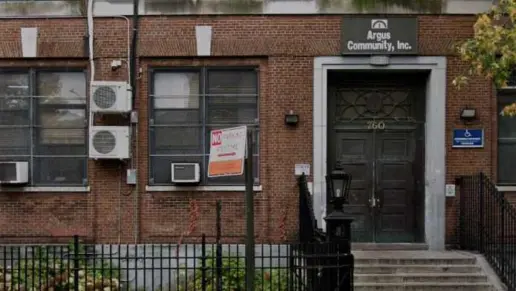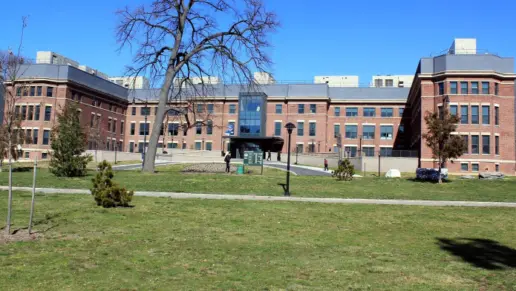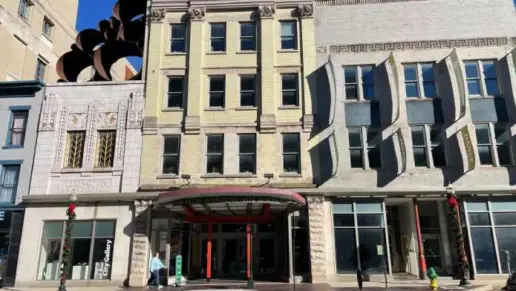What helped me the most was their disponibility to provide me with the type of treatment I needed to reach sobriety. Their multiple techniques and therapy interventions meeting my every need was the highlight of this place. Thank you ECCPASA.
About Erie County Council for the Prevention of Alcohol and Substance Abuse
Erie County Council for the Prevention of Alcohol and Substance Abuse, located in Buffalo, New York, is a part time health organization that addresses almost every type of addiction. They focus on education, prevention and counseling services to help provide long term solutions for individuals and families affected by the disease of addiction. Their programs are designed to prevent substance abuse and support recovery in individuals experiencing the challenges of sobriety. They host a regular event in Buffalo to spread awareness, fight stigma and help those without insurance get covered.
This organization offers early intervention and education so that substance use disorders never develop in the first place. These service based programs take place in schools and through community education as well as specialized prevention efforts targeting groups that may be at risk. Their focus is on programs that provide an educational and interactive experience to children. They want to provide experiences that reach youth in a way young people can relate to.
Some previous patients say that their programs helped not just themselves but their families too. They compliment staff for their efforts and commitment in the field of helping individuals to overcome substance abuse issues and promoting a drug free lifestyle within their community.
Rehab Score
Gallery

Location
Addiction Treatments
Levels of Care
Treatments
The goal of treatment for alcoholism is abstinence. Those with poor social support, poor motivation, or psychiatric disorders tend to relapse within a few years of treatment. For these people, success is measured by longer periods of abstinence, reduced use of alcohol, better health, and improved social functioning. Recovery and Maintenance are usually based on 12 step programs and AA meetings.
When you choose drug rehab in New York, you'll participate in a variety of treatments that are designed to help you live a drug-free lifestyle. Common methods of treatment include group, individual, and family counseling, medication management, nutrition, exercise, and management of co-occurring mental health disorders.
A combined mental health and substance abuse rehab has the staff and resources available to handle individuals with both mental health and substance abuse issues. It can be challenging to determine where a specific symptom stems from (a mental health issue or an issue related to substance abuse), so mental health and substance abuse professionals are helpful in detangling symptoms and keeping treatment on track.
Opioid rehabs specialize in supporting those recovering from opioid addiction. They treat those suffering from addiction to illegal opioids like heroin, as well as prescription drugs like oxycodone. These centers typically combine both physical as well as mental and emotional support to help stop addiction. Physical support often includes medical detox and subsequent medical support (including medication), and mental support includes in-depth therapy to address the underlying causes of addiction.
Programs


Clinical Services
Research clearly demonstrates that recovery is far more successful and sustainable when loved ones like family members participate in rehab and substance abuse treatment. Genetic factors may be at play when it comes to drug and alcohol addiction, as well as mental health issues. Family dynamics often play a critical role in addiction triggers, and if properly educated, family members can be a strong source of support when it comes to rehabilitation.
Group therapy is any therapeutic work that happens in a group (not one-on-one). There are a number of different group therapy modalities, including support groups, experiential therapy, psycho-education, and more. Group therapy involves treatment as well as processing interaction between group members.
In individual therapy, a patient meets one-on-one with a trained psychologist or counselor. Therapy is a pivotal part of effective substance abuse treatment, as it often covers root causes of addiction, including challenges faced by the patient in their social, family, and work/school life.
Amenities
-
Residential Setting
-
Private Setting
Accreditations

State Licenses are permits issued by government agencies that allow rehab organizations to conduct business legally within a certain geographical area. Typically, the kind of program a rehab facility offers, along with its physical location, determines which licenses are required to operate legally.
State License: New York
Contact Information
1625 Hertel Avenue
Buffalo, NY 14216


